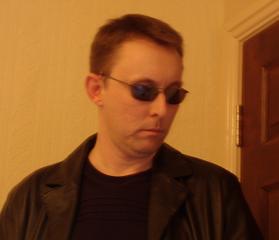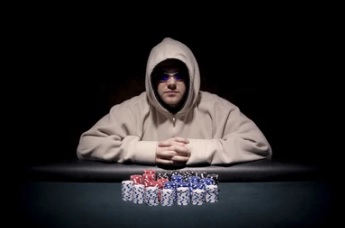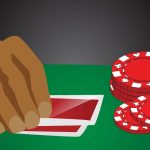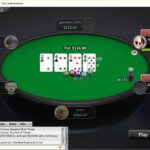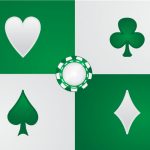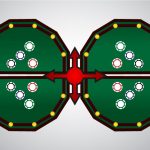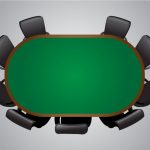Whenever you speak to a novice poker player or someone who knows very little about poker then you will often get similar opinions as to what it actually takes to make a good poker player. One person may say how it is all about “mathematics” while another may say that is all about being “deceptive.” But it is amazing how many people think that bluffing and the spotting of tells has a far greater importance than it actually has.
While being able to spot the meaning of your opponent’s ear scratching and then acting on it may have some importance, this does present us with numerous problems if your entire game is going to be based on picking up tells. The first obstacle that you have to overcome is that the “tell” has to be accurate. This basically means having seen it at least once before and then being able to correlate that with your opponent’s hand that you have also seen.
That last bit is crucial because it isn’t really of much use to see something if you cannot see your opponents cards to match with it. Everyone is aware of tells now so you have the added problem that your opponents could be giving off false tells and you could be trying to interpret something that either isn’t real or has been manufactured.
But that pales into insignificance compared to what I call “tell overlap.” Let us say that you had picked up a tell on a certain player and you always knew that this player had a very powerful hand. Firstly, how often would this player hold a very powerful hand in an average session? The answer is not very often, and even when he did he would probably be holding that powerful hand either against someone else or when you are too weak and you would have folded anyway.
This is exactly what I mean by “tell overlap.” A tell is useless if you would have made exactly the same play even if you hadn’t spotted the tell. This happens frequently and what this means is that you will rarely get the opportunity to exercise this knowledge and this is presuming that it is correct in the first place.
If you are going to make tells a large part of your live game then this will entail watching an awful lot of people. It will take an awful lot of energy and it will also detract from your ability to handle something even more important, such as spotting betting patterns and concealing your own tells.
This is before we even go into areas like reading the board and the action. In my opinion, there is already too much work to do around a poker table for a serious player without having to spend large amounts of time trying to extract “fuzzy” information that you may not even need or get to use anyway.
What you have to remember is that your poker earnings are going to be related to how well you concentrate and also how long you can maintain that level of concentration. If you are mentally wearing yourself out by trying to do too much then, in all likelihood, your session lengths will also end up being reduced through fatigue.
There are many myths that are associated with tells and the spotting of tells, so much so that many players use these so called “tells” to basically explain away a very poor poker decision. It’s almost like a safety net that saves players from looking stupid. How often have you seen players call a bet or make a big bluff at the wrong time and then try to explain themselves by attempting to relate how their play was tell based? They then try to cultivate the image that somehow they were thinking on a much higher level than us mere mortals. Well, I have news for those sorts of players. They really ought to wake up and smell the coffee because they are living in a world of make believe if they think that basing their entire play around this grey area is making them money long term.
Then we have another problem and it is what I sometimes call “tell reinforcement.” What this basically means is that the play that you made based on the tell that you had was purely coincidental. Let me explain. You start to go into the tank and you are seriously thinking about calling that big river bet with third pair because you suspect that your opponent has missed their draw. After several minutes of stalling and trying to pick up tells, you are convinced that something that you saw revealed that your opponent has a weak hand. So you call and your opponent mucks and you rake in the pot safe in the knowledge that you can use this “tell” over and over again. The problem was that the tell that you thought you had didn’t actually exist and you merely picked up on behaviour that your opponent could exhibit at other times, even when they are not weak.
This is a classic case of doing the right thing at the right time, but for the wrong reason. If I had ten bucks in my bank account for every time a poker player around the world has done this then I may just be richer than Bill Gates.
Carl “The Dean” Sampson can be seen at his blog at www.pokersharkpool.com.
